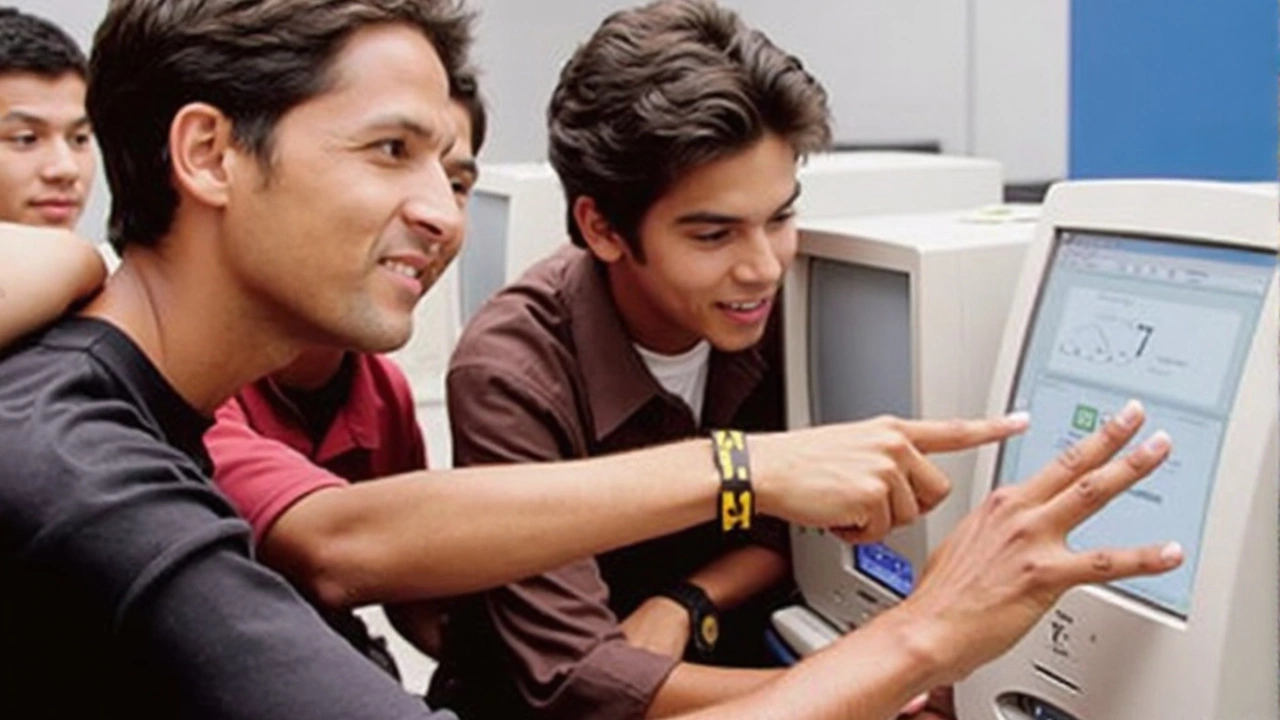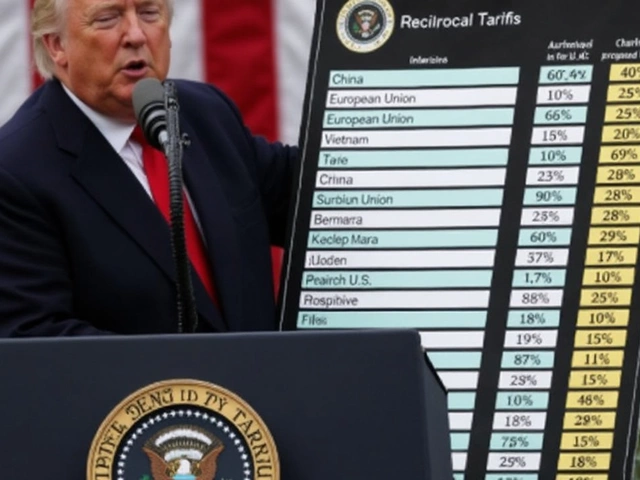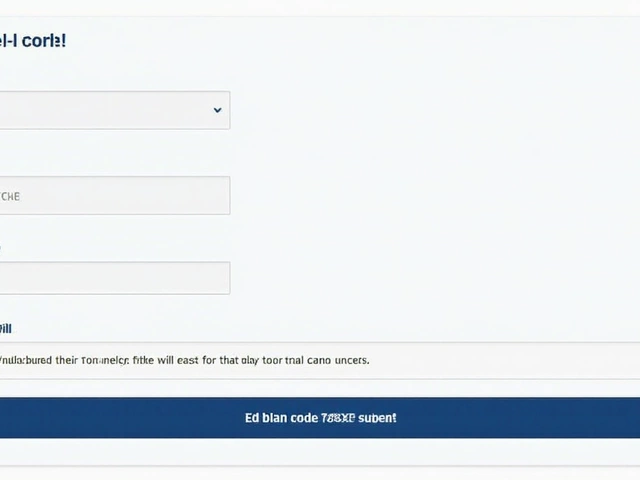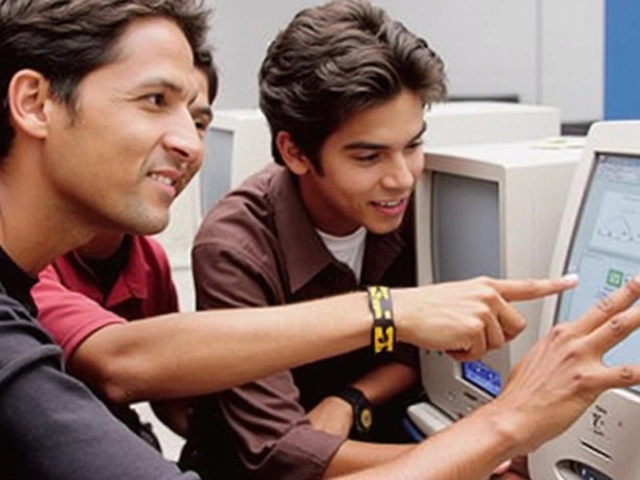Anticipation Builds for JEE Main Results
As students eagerly await their JEE Main 2025 Session 1 results, the National Testing Agency (NTA) confirmed that results should be available by February 12. While the final answer key was already released on February 11, applicants have faced confusion due to a server error interrupting access to result details. Despite these setbacks, the NTA assures candidates that the issue will be resolved timely.
The exams, running from January 22 to January 30, 2025, comprised Paper 1 for BE/BTech courses conducted over two time slots and Paper 2, which focused on BArch/BPlanning, held on January 30. Following a thorough review process, twelve questions were deemed problematic across these sessions, leading to their removal from the evaluation process, and full marks were awarded to all for these questions. This adjustment aims to maintain fair assessment standards for all applicants.

Understanding the Marking and Result Process
Each correctly answered question in JEE Main carries a weight of +4 points, while an incorrect response results in a deduction of -1 point. For questions left unanswered, no points are lost, allowing candidates to strategize their attempts accordingly. To break ties where candidates achieve identical scores, NTA's rules of hierarchy come into play, focusing on higher scores in specific subjects and fewer incorrect attempts.
For those eager to see their scores, the process is straightforward once the technical difficulties are resolved. Candidates need to visit the official JEE website at jeemain.nta.nic.in and log in using their application number and date of birth. From there, they can download their individual scorecards and evaluate their performance.
While the wait for results is a time of stress and excitement for many students and their families, the NTA's meticulous approach in handling issues and ensuring an equitable review process remains pivotal in upholding the integrity of one of India's most significant academic evaluations.







